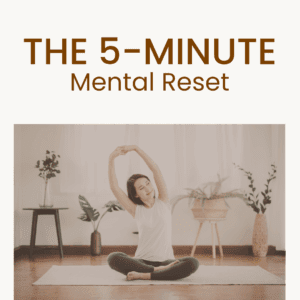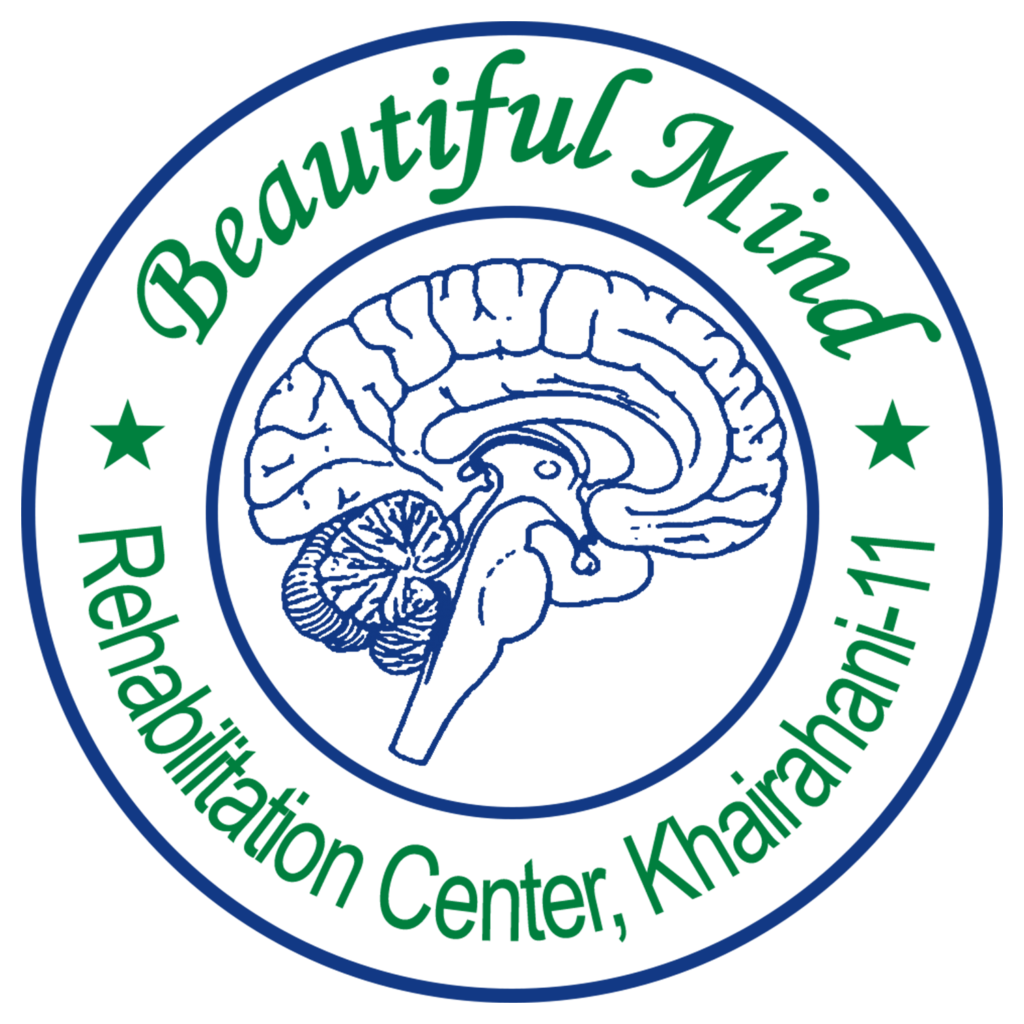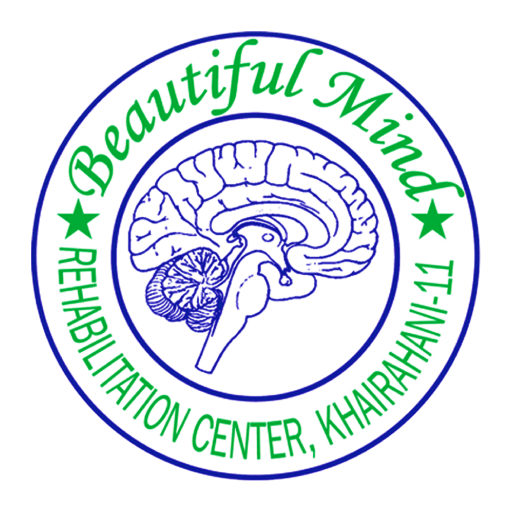How to Prioritize Your Mental Health in Nepal: Local Resources and Tips
Published by: Beautiful Mind Institute of Psychiatry
https://beautifulmind.com.np/
Introduction
Mental health is not a luxury—it’s a foundation. In Nepal, where community is sacred, and life often flows between tradition and transition, mental well-being can easily be overlooked. Many still suffer in silence, often not knowing that support exists. But the truth is this: your mental health matters.
In this blog, we provide a human-centered, practical guide to prioritizing your mental health in Nepal. Whether you’re living in Kathmandu, Chitwan, or the hills of Ilam, these resources and strategies are designed for your context, your challenges, and your healing.

Why Prioritize Mental Health in Nepal?
1. Life is Changing Rapidly
Urbanization, migration, digital overload, and social media pressures are reshaping how we think, connect, and cope. Prioritizing mental health helps build resilience in this fast-paced world.
2. Unseen Epidemic
An estimated 1 in 5 Nepalis suffers from some form of mental illness. Most remain untreated. Depression, anxiety, trauma, addiction—they thrive in silence.
3. Physical Health Depends on It
Mental health directly influences sleep, digestion, immunity, and heart health. Healing your mind strengthens your body.

Step-by-Step: How to Start Prioritizing Mental Health
1. Acknowledge Your Emotions
Don’t dismiss your sadness, stress, or anger. Feel it. Name it. Journaling or sharing it with someone safe is the first healing step.
2. Create a Daily Self-Care Ritual
- 10 minutes of breathing or meditation
- 15 minutes of walking or stretching
- Digital detox during meals
- Reading something inspiring
3. Connect with People Who Nourish You
Relationships should energize, not drain you. Seek friends or family who make you feel heard and accepted.
4. Limit Overload: News, Social Media, Toxic Environments
You don’t have to be available to everyone, all the time. Your peace is sacred.
5. Seek Help When Needed
Asking for help is strength. Therapists, counselors, and even trained peers can walk alongside you through your struggles.
Local Mental Health Resources in Nepal
1. Beautiful Mind Institute of Psychiatry (Chitwan)
A holistic healing center offering:
- Individual therapy
- Psychiatric consultation
- In-patient care for addiction and severe cases
- Family therapy
- Yoga, meditation, and occupational therapy
Contact:
- 📞 +977-98550945843 (Hira Ale Magar)
- 📞 +977-9855094582 (Ansuda Poudel)
- 📞 +977-9855094584 (Kamal Sharma Bushal)
- 🌐 https://beautifulmind.com.np/

2. Tribhuvan University Teaching Hospital (Kathmandu)
Offers psychiatric outpatient services and psychological counseling.
3. Patan Mental Hospital (Lalitpur)
One of Nepal’s oldest mental hospitals, providing in-patient and outpatient services.
4. TPO Nepal (Transcultural Psychosocial Organization)
Runs community mental health programs, school support, and trauma-informed services.
5. KOSHISH Nepal
Advocates for mental health rights, community-based rehabilitation, and peer support.
Common Cultural Roadblocks (And How to Overcome Them)
- “What will people say?” → Your healing is more important than their opinion.
- “I’m just being weak.” → It takes courage to face your emotions.
- “Only crazy people need therapy.” → Therapy is for anyone who wants to grow, heal, or feel better.
Mental Health Tips for Everyday Life in Nepal
- Start your morning with silence, not your phone.
- Take a short walk in nature—it’s abundant here!
- Join a local yoga or bhajan group—connection matters.
- Replace one daily complaint with a gratitude statement.
- Drink water and eat whole foods—mood is linked to nutrition.
Mental Health for Specific Groups
For Youth:
- Practice saying “no” to peer pressure
- Focus on progress, not perfection
- Talk to a counselor in school or online
For Women:
- Honor emotional exhaustion—it’s real
- Join women’s circles or support groups
- Advocate for your space, time, and rest
For Men:
- Crying doesn’t make you less manly
- Vulnerability builds stronger relationships
- Talk about stress—especially work and finances
For Elderly:
- Loneliness is real—connect with old friends
- Mental health affects memory and sleep
- Teach or mentor—your experience is healing
FAQs: Prioritizing Mental Health in Nepal
- How do I know if I need help for my mental health?
If your emotions affect your daily life, it’s time to reach out. - Is therapy available in my area?
Yes. Many clinics, hospitals, and telehealth services offer therapy across Nepal. - What is the cost of therapy?
Prices vary—from free government counseling to private sessions starting around NPR 500–2000. - Can I get therapy in Nepali?
Yes. Many counselors and psychologists are fluent in Nepali and other local languages. - Is online therapy effective in Nepal?
Yes. It’s a growing trend, especially post-COVID. - Are there female therapists available?
Yes. You can request a therapist based on your comfort level. - Do I need a psychiatrist or a counselor?
A counselor for talk therapy; a psychiatrist if you may need medication. - Can I heal without medication?
Many people do—with therapy, lifestyle change, and support. - How do I talk to my parents about needing help?
Start with how you’re feeling, not labels. Use “I” statements: “I feel overwhelmed.” - Is it okay to cry in therapy?
Yes. Crying is part of healing. - What if I feel judged in therapy?
You can always switch therapists. You deserve to feel safe. - Can I bring a friend to my session?
Yes, especially if it makes you feel more supported initially. - Do mental health apps work?
Apps like Calm, Headspace, and Nepali-guided meditation on YouTube can help. - What’s the link between food and mood?
Nutrient-rich food helps balance brain chemistry. - Can stress cause physical illness?
Absolutely—headaches, ulcers, and fatigue are common results. - How do I know if my child is struggling?
Watch for withdrawal, irritability, sleep or appetite changes. - What can I do if someone I love refuses help?
Listen, be patient, and gently share resources. - Are there helplines in Nepal?
Yes. TPO and KOSHISH run helplines, and Beautiful Mind offers phone support. - Is prayer enough for healing?
Prayer helps, but therapy and medical care are also needed. - How can I manage anxiety at work or school?
Grounding techniques, breathing, and micro-breaks help regulate stress. - Can I get therapy confidentially?
Yes. Ethical therapists maintain strict confidentiality. - Is anger a mental health issue?
Not always, but chronic anger often signals deeper emotional pain. - Can a teacher or employer support my mental health?
Yes. Many workplaces and schools are now open to accommodations. - How often should I go to therapy?
Once a week is typical, but it depends on your needs. - How can I contact Beautiful Mind for help?
Visit https://beautifulmind.com.np/ or call one of the numbers listed above.
Conclusion: It Starts With One Step
Mental health is not a final destination—it’s a daily practice. In Nepal, the conversation is finally growing, but you are the most important part of it.
By prioritizing your mental health, you’re not just healing yourself—you’re transforming your family, community, and future.
🙏 Reach out. Talk. Walk. Rest. Reflect. Heal.
Visit https://beautifulmind.com.np/ to begin your journey toward clarity, connection, and calm.
#MentalHealthNepal #BeautifulMindInstitute #SelfCareNepal #TherapyIsStrength

















